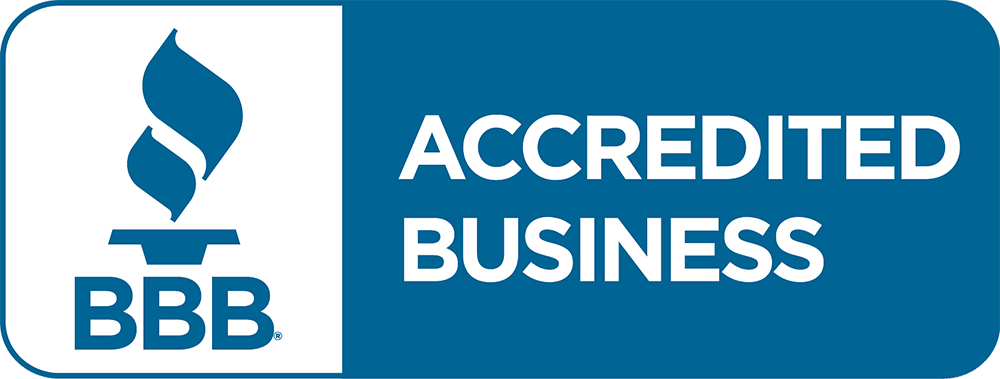Webinar Presentation
- What contributes to your business credit score
- How to improve your business credit score
- Details on credit reporting agencies and how they differ
Webinar Q&A
Some of the easy ways to improve your business credit rating include establishing a good repayment track record on business loans, paying vendors on time, applying for a business credit card, closely monitoring your credit report, etc.
To improve your credit score quickly, you must pay your bills on time, apply for a credit card if you currently don’t have any, retain old credit card accounts, and maintain a lower credit utilization ratio.
To improve your business loan eligibility, you should ensure no default on credit payments, make debt payments on time, restrict credit utilization, and refrain from multiple loan applications.
To repair your business credit, you should make timely payments to creditors, reduce debt utilization, segregate business and personal finances, and secure bank loans as part of a positive credit track record strategy.
To separate business credit from personal credit while building the former, you must establish business loans instead of using personal loans for business usage. Use working capital loans and regularly check business credit scores to stay on track with business credit.
It can take from one to three years to build a small business credit, depending on whether the business has had any past credit history and length of credit history.
No, business credit is different from personal credit as the former is based on a business’s financial history, whereas the latter is based on one’s personal credit track record.
